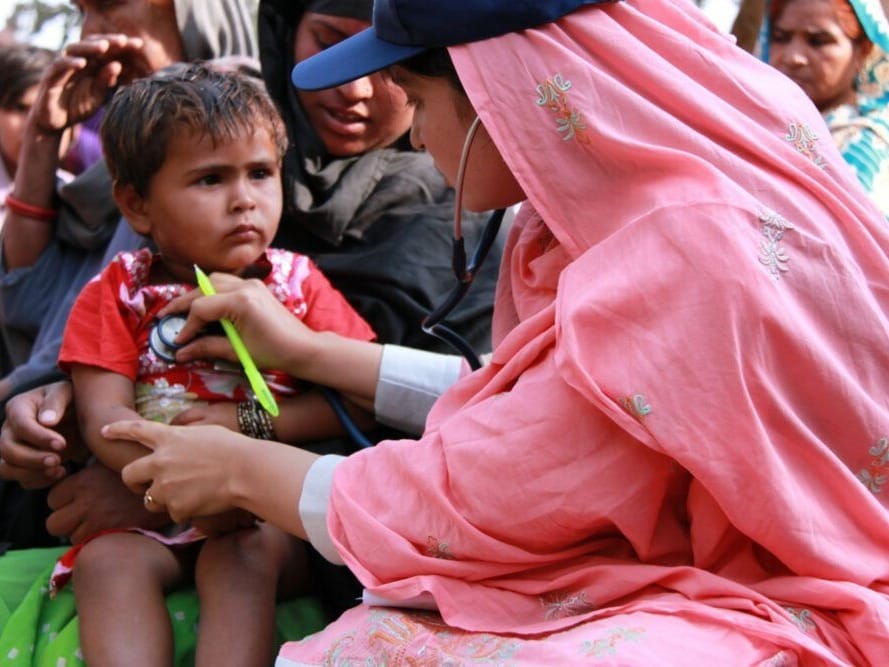UNITED NATIONS (AN) — Hundreds of organizations and experts described the third U.N. high-level meeting on noncommunicable diseases as a "squandered" opportunity to boost global financing and commitments for reducing millions of premature or early deaths.
The U.N. General Assembly's meeting on Thursday called attention to the prevalence of noncommunicable diseases, or NCDs, mainly cancer, cardiovascular disease, chronic respiratory diseases and diabetes.









